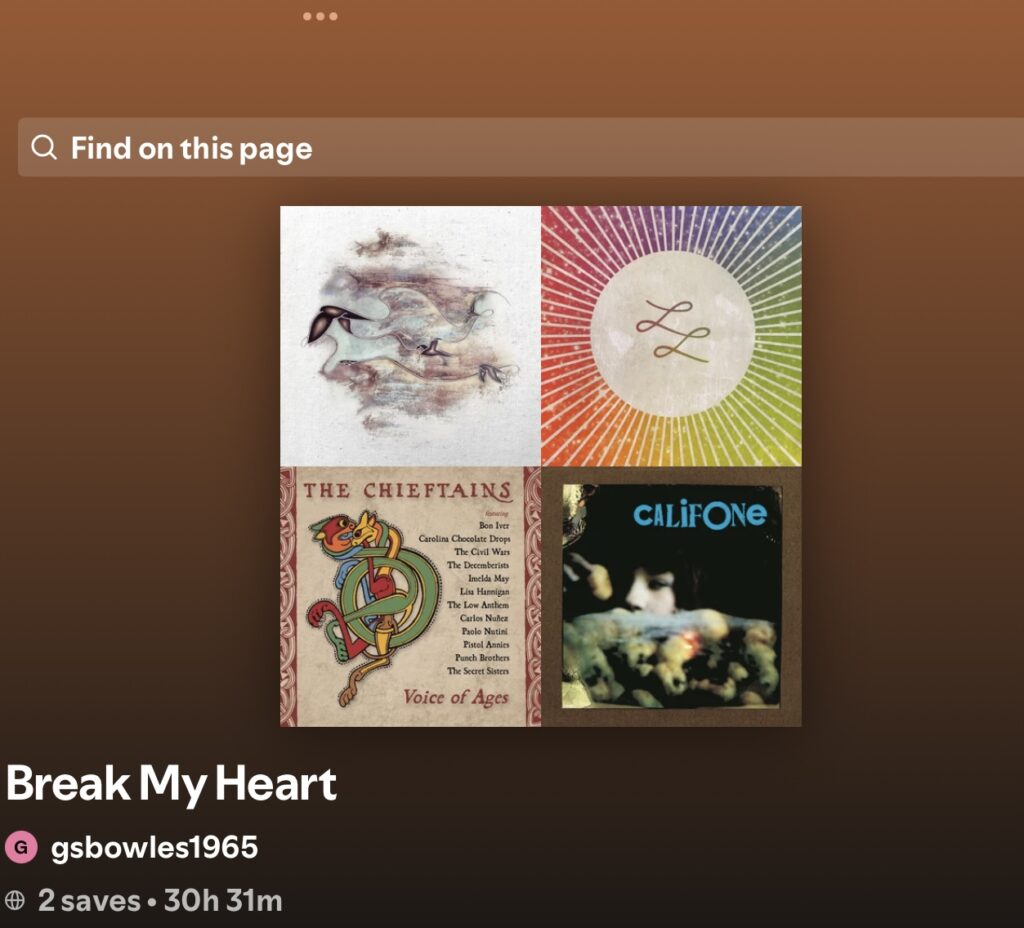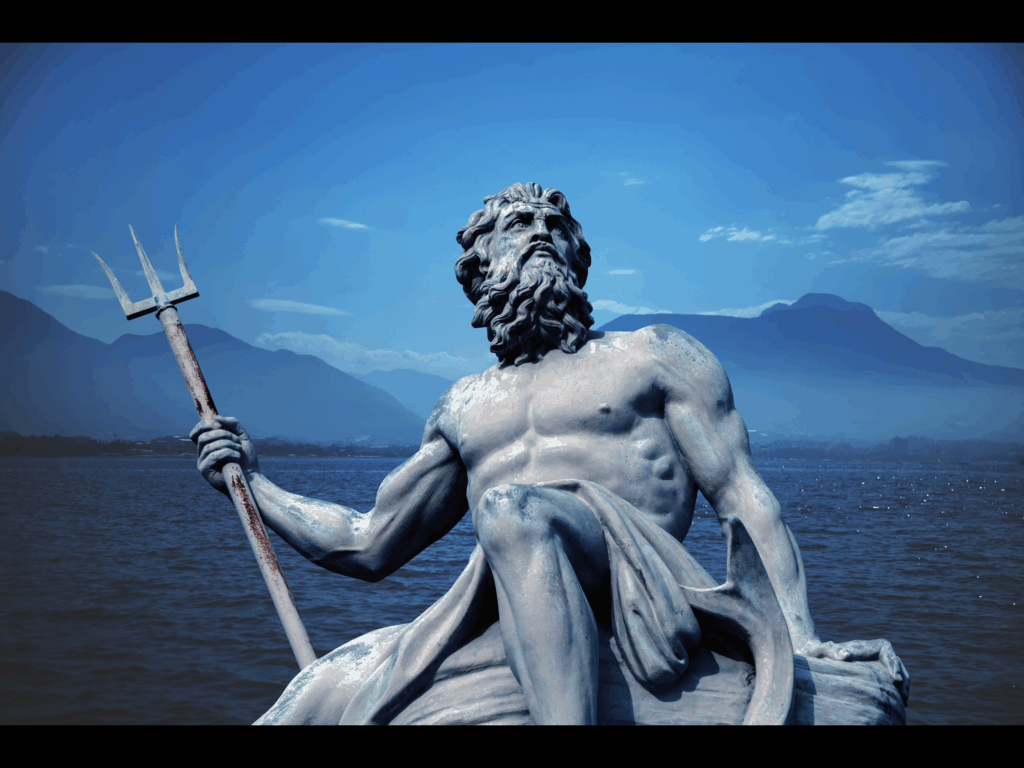There’s a kind of music you don’t play at parties. You don’t blast it from your car with the windows down.
You play it when you need to crack yourself open a little.
Sad music gets a bad rap. Somewhere along the line, we decided that crying was weakness and playlists should be nothing but good vibes.
That’s nonsense. Crying to a song is one of the healthiest things you can do. It’s exercise for the parts of yourself you pretend don’t need it.
I keep a playlist called Break My Heart for exactly that reason. Thirty hours of songs built for quiet collapse.
You’ll find Bon Iver, Califone, The Chieftains, The Civil Wars. Artists who know that sometimes the bravest thing you can do is sit still with an emotion.
You don’t even need to understand every lyric. A few chords, a few words, a piano note that hangs too long — and something shifts inside you.
We live in a culture obsessed with toughness. Push harder. Get over it. Move on.
But sometimes real resilience means stopping. Letting the hurt pass through you instead of locking it down.
It’s not weakness. It’s maintenance.
Tears clear out what words can’t. They carry stress out of the body the same way breathing does, if you let it happen.
Music doesn’t rush the process. It doesn’t offer false solutions. It reminds you that you’re human, and that’s permission enough.
The best songs don’t try to fix you. They sit with you, steady and unafraid.
They show you that heartbreak isn’t a flaw. It’s proof of connection, proof you’re still alive enough to care.
You don’t need to explain why the song gets you. You just need to let it.
You’re not falling apart.
You’re tuning yourself back into the world.




